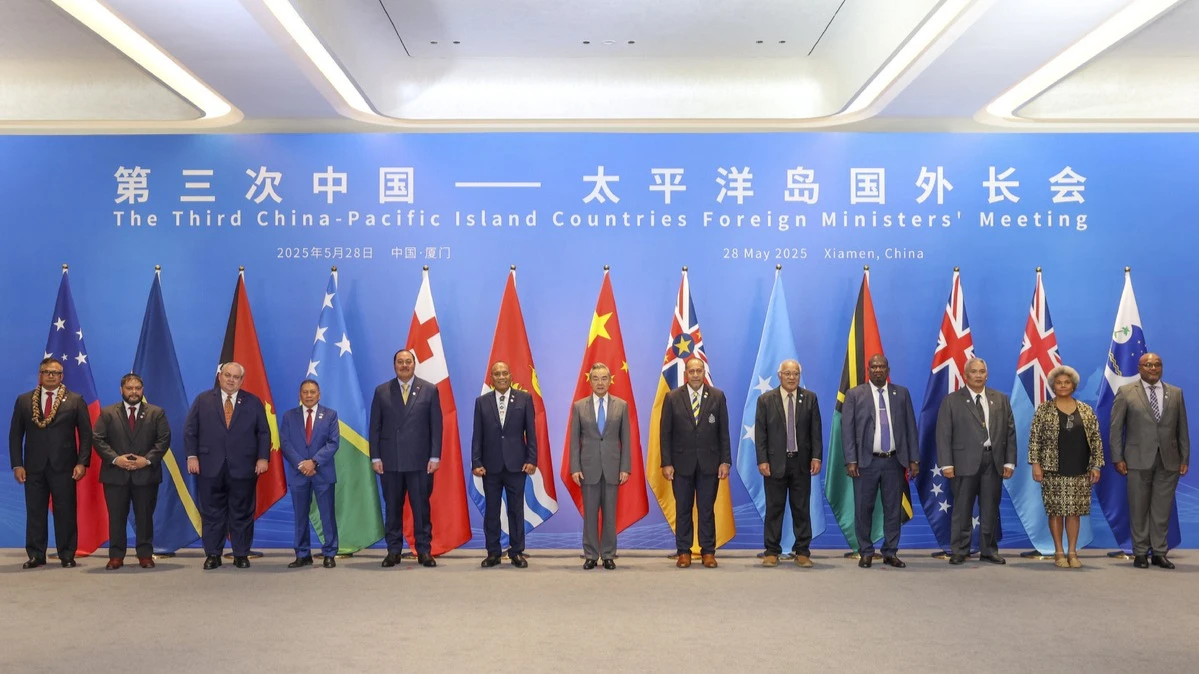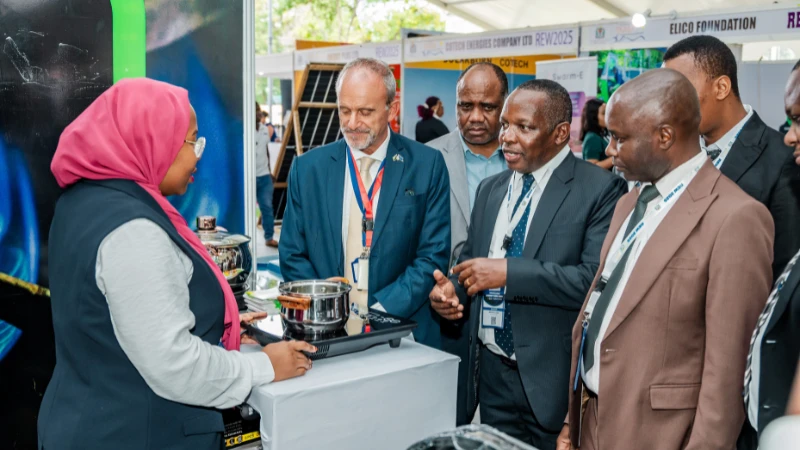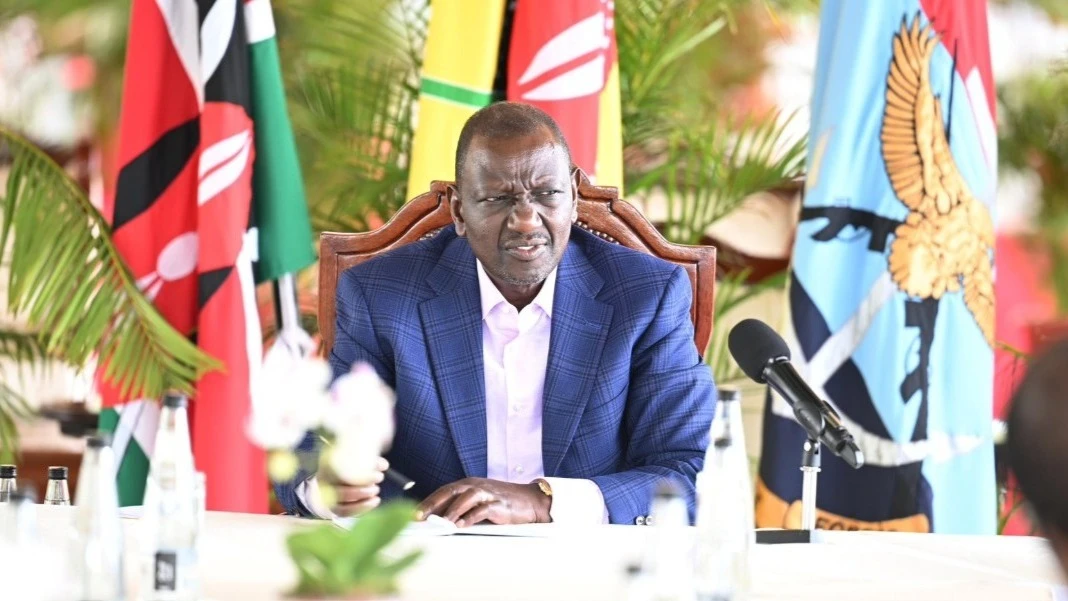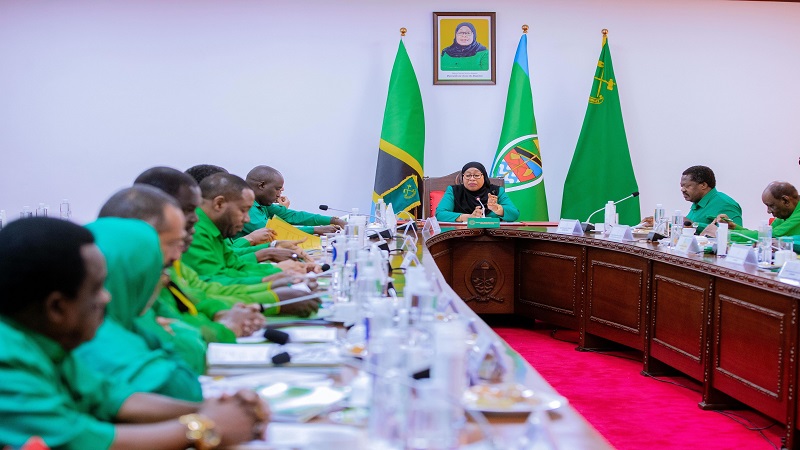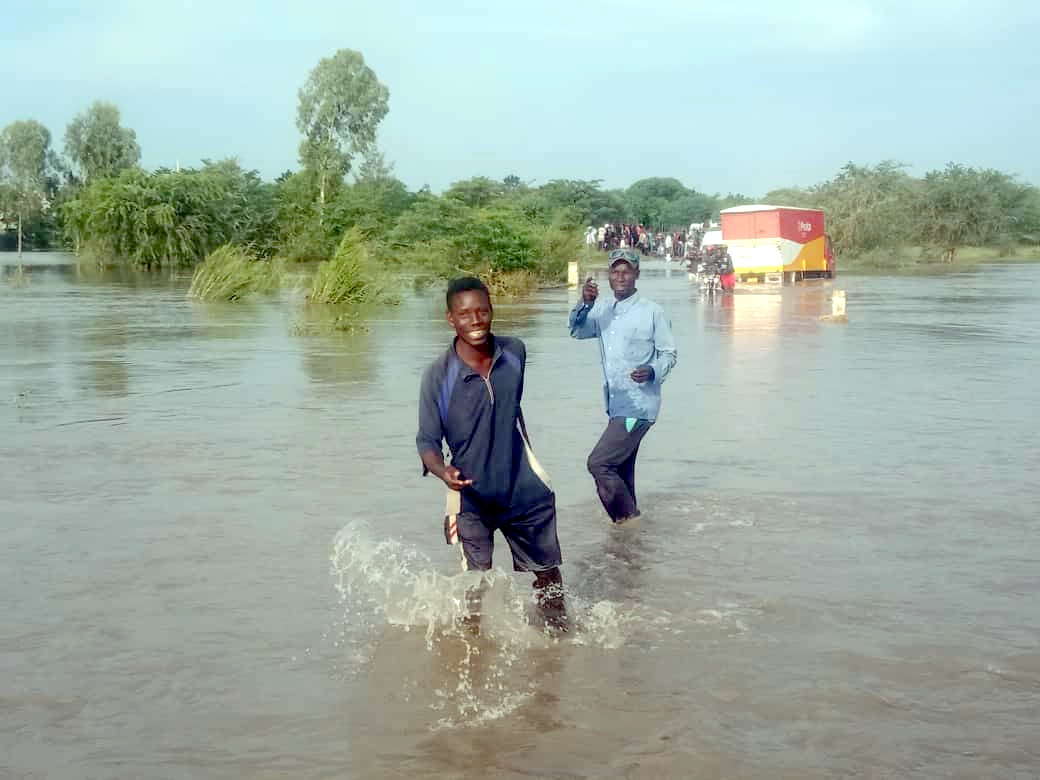World Turtle Day 2025: A call to combat illegal poaching and deadly consumption of sea turtles
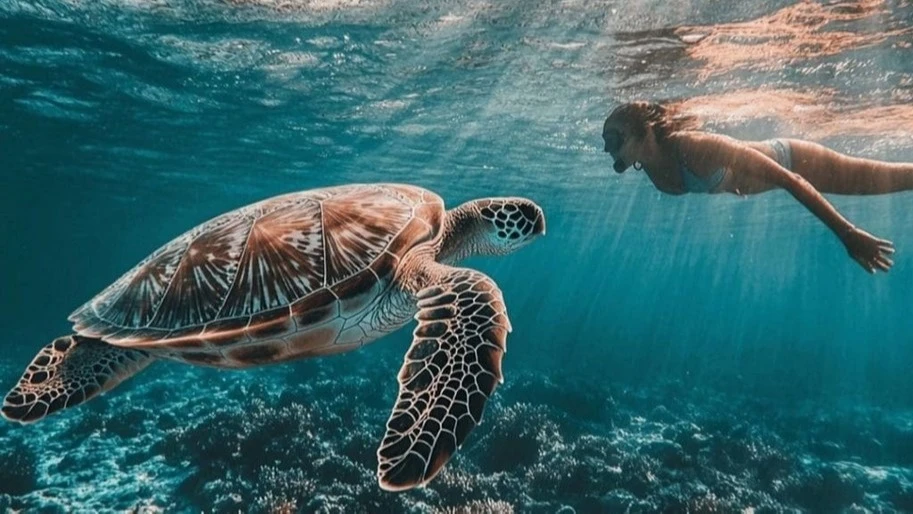
SEA turtles are more than just marine creatures, they are essential to the well-being of Tanzania’s coastal ecosystems and communities. They are essential to the country’s marine ecosystems playing ecological, cultural, and economic roles that contribute significantly to both the environment and livelihoods of local populations and coastal economy.
Sea turtles attract both local and international tourists, thus providing income to communities through guided tours, turtle-watching excursions and conservation programmes.
As keystone species, their decline would trigger cascading effects across the marine environment. They help maintain the health of coral reefs and seagrass beds—vital nurseries for fish, shrimp, lobster, and tuna.
By foraging and digging nests, they create habitats for other species. As both predator and prey, they help balance marine food webs and contribute to nutrient cycling by breaking down dead organisms.
Since they are listed as endangered or critically endangered by the International Union for Conservation of Nature (IUCN), protecting them contributes to biodiversity, supports livelihoods, and enhances resilience to environmental challenges.
The World Turtle Day marked on May 23rd, was a critical moment to raise awareness about the plight of sea turtles - and the dangers they pose to human health when ignored. Of the world’s seven marine turtle species, five are found along Tanzania’s coastline.
This year’s message was ‘protecting sea turtles is a matter of survival—for them and for us’.
Despite surviving for over 100 million years, sea turtles now face unprecedented threats due to modern human activities, among these is illegal poaching and the consumption of turtle meat, particularly in coastal communities of Tanzania and Zanzibar where these practices persist, despite being outlawed.
Poaching and trade in sea turtles and their eggs are illegal in Tanzania and carry significant penalties. Many believe sea turtle meat and eggs have medicinal or aphrodisiac properties.
These beliefs come at a deadly cost. Consuming turtle meat is not only driving turtle populations to the brink—it’s also putting human lives at risk.
In a tragic incident in March 2024, eight children and one adult died after eating sea turtle meat on Pemba Island, Zanzibar. Another 78 people were hospitalized.
The cause is chelonitoxism, a rare but deadly form of food poisoning linked specifically to sea turtle meat. It wasn’t the first time. In 2021, seven people, including a three-year-old, also died in Pemba after consuming poisonous turtle meat.
But poaching isn’t the only threat. They are also exploited for oil, leather, and ornaments. Incidental by-catch in fishing gear, the destruction of nesting beaches due to coastal development, and the degradation of feeding grounds further contribute to their decline. Most urgently, plastic pollution is wreaking havoc.
Ritha Johansen, is the representative of Wild Africa in Tanzania, she said sea turtles often mistake plastic bags for jellyfish or seaweed, leading to fatal blockages in their digestive systems.
“Others become entangled in discarded fishing nets, unable to surface for air, resulting in drowning. According to the State of the World’s Sea Turtles (SWOT), at least 1,000 turtles die annually from plastic entanglement, equivalent to one every 9 hours,” said Johansen, noting these combined pressures contribute to rapid population declines, making conservation efforts more important than ever.
She added: “Almost all of the threats faced by sea turtles and their habitats are human induced. The consumption of sea turtles not only endangers the already endangered species, but it also poses deadly risks for human lives. We need to change peoples’ attitudes and behaviours around illegal poaching and consumption of sea turtle meat — for the benefit of both endangered species and the communities that live alongside them”.
According to her, losing sea turtles results in losing a vital part of the ocean's delicate balance. She said protecting sea turtles means protecting marine ecosystems, cultural heritage, and future generations.
“It's time we recognize that our actions have consequences, and that change begins with us,” she remarked.
However, a number of initiatives are being done by the government, scientific experts and other international stakeholders to conserve the key specie.
At the 9th meeting of the signatory states to the IOSEA Marine Turtle Memorandum of Understanding (MoU) they agreed to coordinate conservation efforts across the Indian Ocean and Southeast Asia.
They adopted a single species action plan for the critically endangered hawksbill turtle, recommendations on beach management and hatchery practices, as well as the endorsement of guidance on identifying critical habitats for turtles.
At the meeting, the State of Kuwait – hosting five of the seven marine turtle species became the 36th signatory state by signing the agreement.
In Tanzania, sea turtles are protected under various laws, such as the Fisheries Act of 2003 and the Fisheries Regulations of 2019. These Acts aim to ensure sustainable fishing practices, protect aquatic resources, and regulate the fishing industry
John Chikomo, Executive Director of the Journalist Environment Association of Tanzania (JET) said they have been participating in World Sea Turtle Day celebrations by producing various media features through its members.
“In 2018, the celebrations were held in Chongoleani village, Tanga Region where various stakeholders including JET participated. Through our members, we published articles and produced radio and TV programmes to educate people on the importance of conserving sea turtles,” Chikomo told The Guardian, insisting the association has also been providing training to journalists and editors on the best practices for reporting on sea turtle conservation in Tanzania.
JET collaborates with various stakeholders in marine and coral reef conservation, including Sea Sense, to educate the public on the benefits of marine conservation and the protection of marine species, particularly sea turtles.
Top Headlines
© 2025 IPPMEDIA.COM. ALL RIGHTS RESERVED












